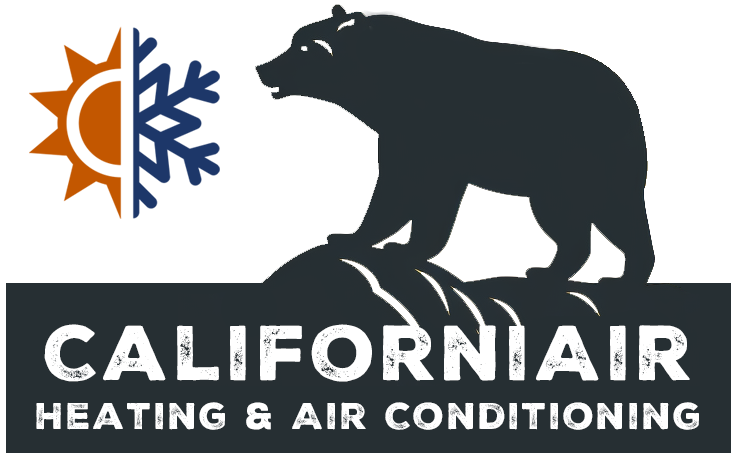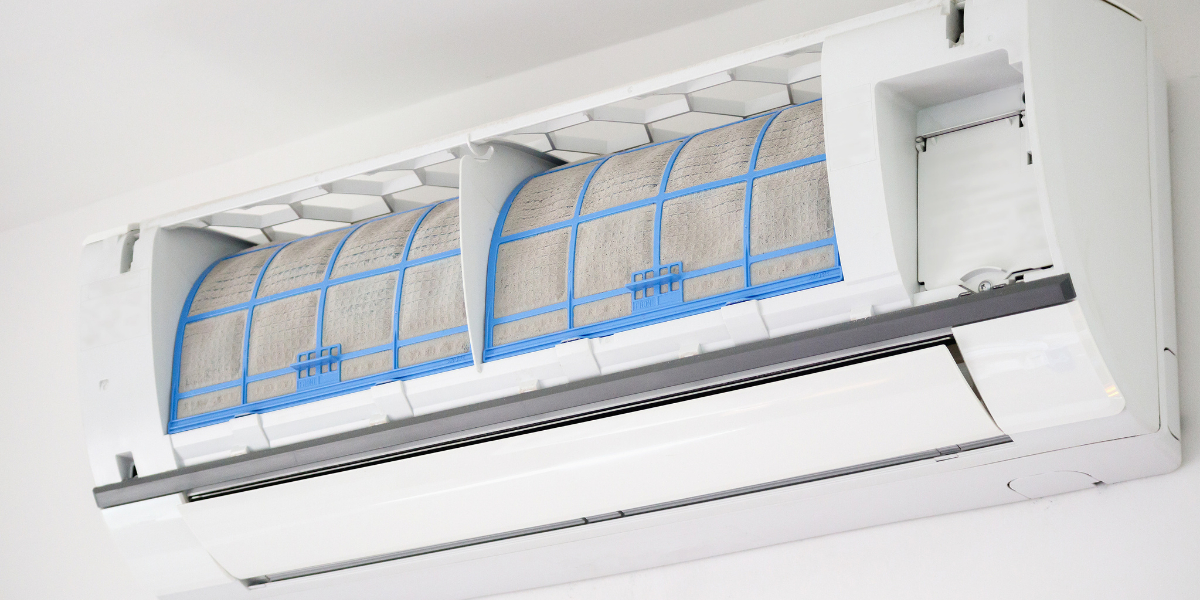In the realm of home comfort and health, the often-overlooked hero is the Heating, Ventilation, and Air Conditioning (HVAC) system. While HVAC systems are primarily designed to regulate temperature, they play a crucial role in maintaining indoor air quality (IAQ). Understanding the link between HVAC systems and IAQ is essential for homeowners looking to create a healthier living environment for themselves and their families.
The Link Between HVAC Systems and Indoor Air Quality
Indoor air quality refers to the condition of the air within and around buildings, especially as it relates to the health and comfort of occupants. Poor IAQ can lead to a range of health issues, including respiratory problems, allergies, and exacerbated symptoms of asthma. HVAC systems directly impact IAQ through several mechanisms:
Filtration
The air filters within HVAC systems trap airborne particles such as dust, pollen, pet dander, and mold spores. These filters prevent these contaminants from circulating throughout the home, thereby improving IAQ.
Ventilation
Proper ventilation is crucial for diluting indoor air pollutants and maintaining a healthy indoor environment. HVAC systems facilitate ventilation by exchanging indoor air with fresh outdoor air, reducing the concentration of pollutants inside the home.
Humidity Control
Excessive humidity can promote mold and mildew growth, while low humidity can cause discomfort and exacerbate respiratory issues. HVAC systems regulate indoor humidity levels, keeping them within the optimal range for comfort and health.
Air Purification
Some advanced HVAC systems come equipped with air purification technologies such as UV lights or electrostatic filters, which actively remove contaminants from the air, further enhancing IAQ.
Given the significant impact of HVAC systems on IAQ, homeowners can take proactive steps to optimize their systems and ensure healthier indoor environments.
Tips for Improving Indoor Air Quality with Your HVAC System
Regular Maintenance
Schedule routine maintenance for your HVAC system, including filter replacements, duct cleaning, and inspections by qualified professionals. This ensures that the system operates efficiently and effectively in improving IAQ.
Use High-Quality Filters
Invest in high-efficiency particulate air (HEPA) filters for your HVAC system. HEPA filters capture a greater percentage of airborne particles, including microscopic pollutants, leading to cleaner indoor air.
Upgrade to Advanced Filtration
Consider upgrading your HVAC system with advanced filtration technologies such as electrostatic filters or UV lights. These technologies can significantly enhance the system’s ability to remove contaminants from the air.
Proper Ventilation
Ensure that your HVAC system provides adequate ventilation by periodically opening windows and doors to allow fresh outdoor air to circulate. Additionally, consider installing ventilators or energy recovery ventilators (ERVs) to improve indoor air exchange without compromising energy efficiency.
Maintain Optimal Humidity Levels
Monitor and control indoor humidity levels using your HVAC system’s humidification and dehumidification functions. Aim for humidity levels between 30% and 50% to prevent mold growth and maintain respiratory comfort.
Address Mold and Mildew
Regularly inspect your HVAC system, ductwork, and other moisture-prone areas of your home for signs of mold and mildew. Promptly address any issues to prevent the spread of contaminants through the air.
Limit Indoor Pollutants
Minimize the use of indoor pollutants such as tobacco smoke, volatile organic compounds (VOCs) from cleaning products and furnishings, and cooking emissions. Proper ventilation and filtration can help mitigate the effects of these pollutants on IAQ.
Monitor Indoor Air Quality
Consider installing indoor air quality monitors to track pollutant levels and ensure that your HVAC system is effectively improving IAQ. These monitors can alert you to any issues that may require attention.
By implementing these tips, homeowners can harness the power of their HVAC systems to create healthier indoor environments for themselves and their families. Prioritizing IAQ not only promotes respiratory health and comfort but also contributes to overall well-being and quality of life. Remember, when it comes to HVAC and health, cleaner air means a healthier home.
FAQs
Q1: How often should I replace the air filters in my HVAC system?
A1: Regularly replacing air filters is crucial for maintaining good indoor air quality. As a general rule of thumb, standard fiberglass filters should be replaced every 1-3 months, while higher efficiency filters like HEPA filters may last longer, typically between 6-12 months. However, factors such as the presence of pets, allergies, and indoor air quality concerns may necessitate more frequent filter replacements.
Q2: Can I improve indoor air quality without upgrading my HVAC system?
A2: While upgrading to advanced HVAC systems with features like UV lights or electrostatic filters can enhance indoor air quality, there are several steps homeowners can take without major system upgrades. These include using high-quality air filters, ensuring proper ventilation by opening windows periodically, maintaining optimal humidity levels, and minimizing indoor pollutants through regular cleaning and ventilation practices.
Q3: How can I tell if my HVAC system is effectively improving indoor air quality?
Q3: Monitoring indoor air quality is essential to ensure that your HVAC system is effectively reducing indoor pollutants. Investing in indoor air quality monitors can provide real-time data on pollutant levels such as particulate matter, VOCs, and humidity. Additionally, paying attention to signs such as reduced dust accumulation, fewer allergy symptoms, and improved overall comfort can indicate that your HVAC system is contributing to better indoor air quality. If you have concerns about IAQ, consulting with a professional HVAC technician can also provide valuable insights and recommendations.

